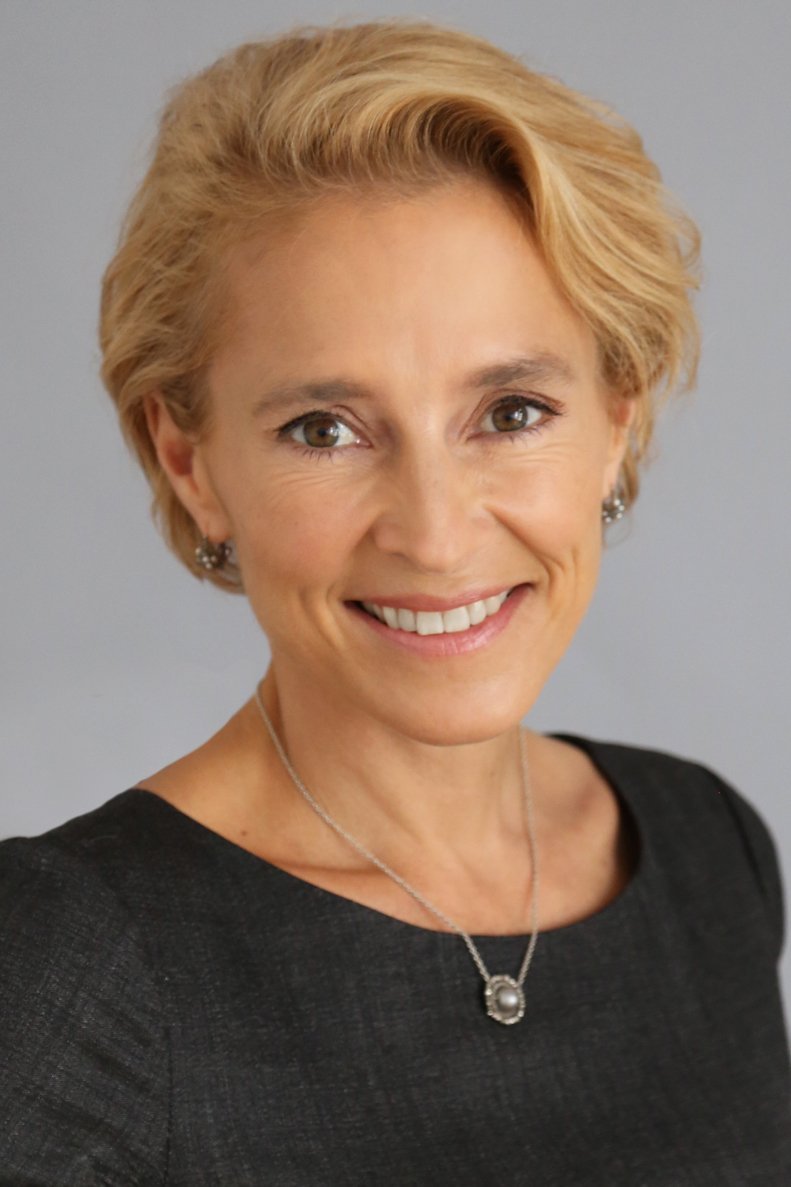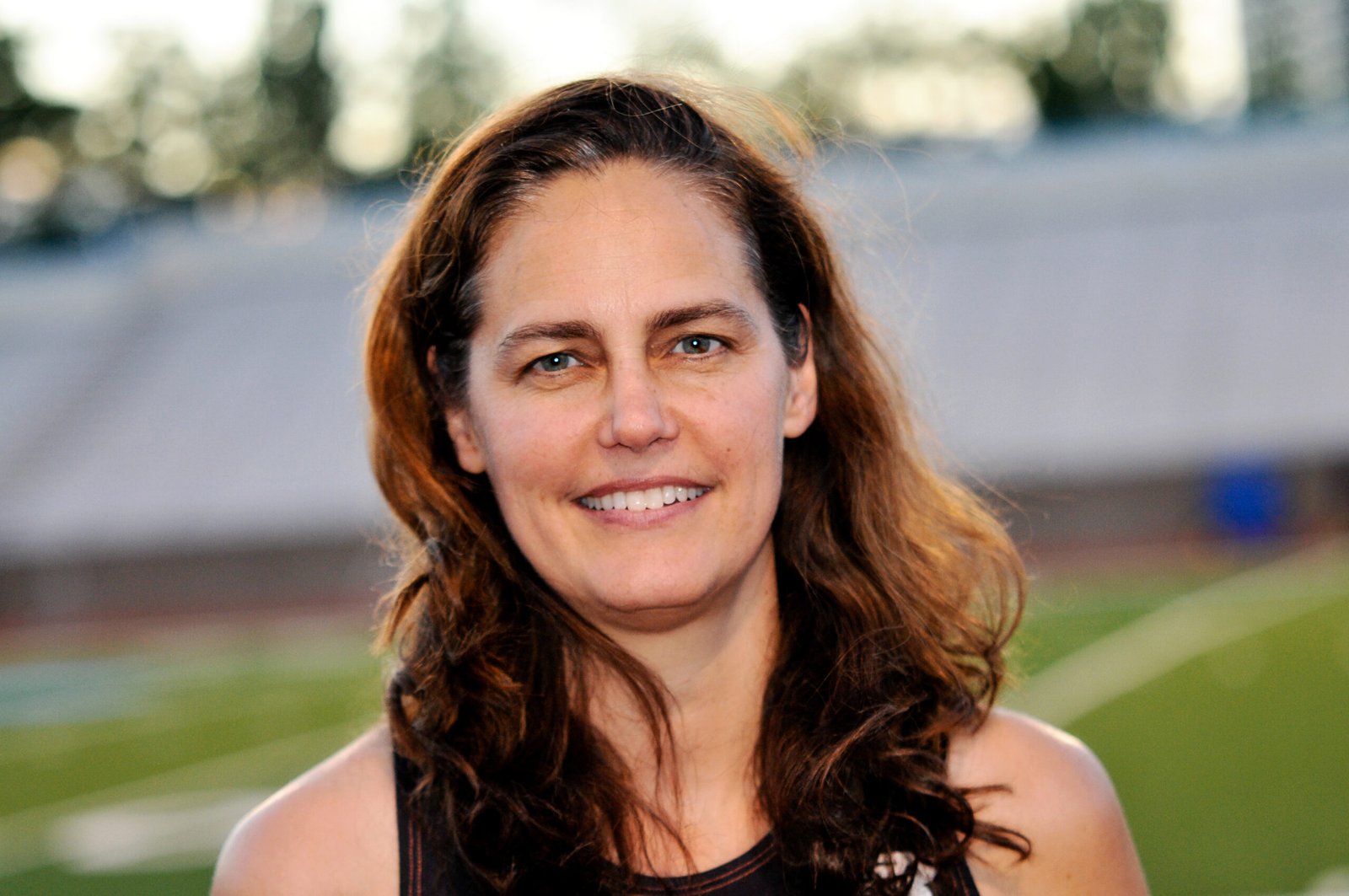I recently went one on one with Sophie Wade, author of the new book, Empathy Works: The Key to Competitive Advantage in the New Era of Work.
Adam: Thanks again for taking the time to share your advice. First things first, though, I am sure readers would love to learn more about you. How did you get here? What experiences, failures, setbacks or challenges have been most instrumental to your growth?
Sophie: Thanks so much for having me. Early on I made a couple of decisions that had an enormous effect on the trajectory of my life. After focusing on science at the end of high school growing up in London, I chose a different direction when I went to university and studied Chinese—the poetry, culture, philosophy, history, and language. While I had traveled quite a bit in Europe, during and after college when I lived in Taiwan and Hong Kong, the stark difference between these cultures and my own was a great surprise. I realized that almost everything about my background and upbringing was not “how it was,” but just what I knew. This really opened my eyes to learning about other people’s perspectives and how their reactions could be so different to mine in the same situation. I then attended a multinational business school in France and have lived and worked in five different countries around the world. To assimilate and succeed, I had to empathize and understand the new landscape—key norms and characteristics, ‘acceptable’ behaviors etc. I found that work attitudes and routines differ greatly from nation to nation, so for me there has never been just one way to approach work. I believe these experiences spurred me to think broadly about work options and configurations.
As far as setbacks that have shaped me? I am divorced. Failed relationships are important for truly recognizing that two people are involved in any relationship and each person brings their own history and context and often have a very different reactions to a situation based on their previous history, family dynamics, and own personality. I gained more highly personal and practical understanding about the importance of empathy and how critical it is for establishing and maintaining successful relationships—personally and professionally.
Adam: What do you hope readers will take away from your new book?
Sophie: My greatest desire is to bring more empathy into the workplace. I believe it is more needed than ever now, as we—hopefully—emerge from the pandemic and try to navigate a changing world. After reading my book, I hope that readers recognize how our tech-driven business environment has an essential human emphasis. I hope they see that in these fast-changing conditions, we need to understand one another better to work effectively in teams on more complex projects—within our organizations, up and down our supply chains, and throughout our ecosystems. I certainly hope that readers realize how outcomes can improve dramatically when we integrate empathy at work—as a highlighted cultural value, our mindset orientation, and the skills we use every day in our professional lives ensuring all our interactions are as productive as possible.
Adam: What do you believe is the future of work?
Sophie: There are many definitions out there, but the key characteristics of this new business environment can be described as highly-digitalized, data-driven, interconnected, faster-evolving, uncertain, and globally-integrated. The behaviors of our narrowly—even individually—targeted potential and existing buyers are therefore evolving in unpredictable ways. Feedback loops are shorter which means product and service upgrades are expected more quickly and need to be adaptive to customers’ needs. Business operations cannot respond unless they are more networked, accommodating more non-routine, project-based teamwork. The technology weighting has a human-centric counterbalance as the workers—employees and non-employees who comprise companies’ total talent pool—utilizing these sophisticated tools are essential to engage fully to address the new demands. Talent is now empowered and untethered which is also changing how leaders need to manage and motivate them.
Adam: What do you believe are the most important trends that leaders should be aware of in regard to the future of work and why?
Sophie: I believe that leaders need to pay close attention to both the technology-generated trends—the increased pace, uncertainty, and complexity of marketplace developments—and the complementary human-focused trends. Leaders need to make important adjustments to their leadership styles and how the business operates in order to respond to the new speed and uncertainty of business conditions. In addition, the greater complexity of issues requires more teams working closely together on projects across silos adapting quickly to develop, test, and refine viable solutions. Leaders therefore need to integrate the flexibility and adaptability that are now critical operational capabilities as well as managing and motivating more teamwork than before.
Adam: What do you believe are the defining qualities of an effective leader?
Sophie: The qualities of an effective leader these days have changed to meet the demands of current business conditions. Leadership is less about ego than empathy now. Leadership is less about being a commander than a coach and overseeing and guiding team members rather than giving them orders. Leaders now need to listen to both customers and employees. Effective leaders empower their direct reports with the necessary information and responsibility that allows them to respond quickly and perform at the highest levels. These leaders support employees’ well-being holistically—we are still emerging from a devastating pandemic and the mental health issues are significant that all leaders must be alert to. Effective leaders nurture strong, trust-based cultures that connect employees across geographies and create cohesive communities as well as guiding people’s behaviors. These leaders create inclusive, transparent environments where everyone feels welcome, safe, and comfortable to contribute. To do that, they bring an open-minded approach as well as recognizing that each member of the workforce is an individual with different needs and the way to achieve strong results is to try and adjust for each person’s preferences as well as compromising across a team to achieve the best overall outcomes. By informing and empowering their team, the best leaders work to put themselves out of a job! As Lao Tzu said, “A leader is best when people barely know he exists, when his work is done, his aim fulfilled, they will say: we did it ourselves.”
Adam: How can leaders and aspiring leaders take their leadership skills to the next level?
Sophie: I believe a human-centric orientation is the emphasis of leadership now—building and practicing interpersonal skills to developing strong trust-based relationships. Externally, if they focus on the Customer Journey, they can ensure consistent customer experiences that best target and deliver their products or services by strategically aligning, coordinating, and integrating all divisions’ efforts. The complementary internal focus is on the Employee Journey, which means leaders can get a much deeper and coherent understanding of employees’ experiences and be able to ensure consistent and inclusive management as well as appropriate well-being support wherever people are working from. I believe if aspiring leaders integrate empathy across their company, unit, or team, they can foster a stronger, more cohesive culture, they can bring an open-minded approach to new technologies, operational methods, business models, and work arrangements—all of which are in flux. Practicing their empathy skills, aspiring leaders can better recognize what specific responsibility they can share with each of their reports, recognizing their different capabilities, talents, and capacities, so the team is well-equipped to meet new business requirements. New work arrangements—including remote working—are harder to manage effectively, especially as each team member needs to be engaged and managed differently, so leaders can both get relevant focused training as well as ensuring their reports get the same support. The new era of work is sufficiently different from prior work environments that intentional understanding, design, and execution of new experiential—rather than transactional—management methods will serve these leaders very well.
Adam: What are your three best tips applicable to entrepreneurs, executives and civic leaders?
Sophie: First, if they practice empathy—with customers and employees alike—leaning in and listening attentively they can ensure they understand others’ perspectives and what they are going through. Then they can best design and deliver the product or service that matches customers’ needs. They can engage and support employees to do their best work.
Second, we are going through an extraordinary period of change. The marketplace is moving at a fast pace in unpredictable ways. As we start to emerge from the pandemic, for these leaders’ businesses and professional development, they need to be proactive, fully involved in thoughtfully designing and determining the best way forward as the rules of the game have changed.
Third, during these liminal times, it is important to recognize that nothing is static. Customers’ behaviors are and will keep changing, both moving on from the crisis to form new habits as well as the result of businesses adopting new technologies. Meanwhile, we are implementing new work arrangements—such as hybrid models—which is affecting how our businesses operate on a daily basis. It is essential to keep iterating with an open mind, regularly checking to review optimal operations, refining and tweaking to align with current conditions.
Adam: What is the single best piece of advice you have ever received?
Sophie: I’m not sure who said it to me, but it was not to regret. The only person who suffers is you—wasting time and energy looking backwards and not moving on. Instead, the idea is to look carefully at what happened, learn, and then move on more wisely so that you don’t make the same mistake again. I feel that this now is one of my “superpowers”! It is particularly helpful now when everything is so uncertain, as regrets can hold people back—stalling and delaying necessary action. I make decisions thoughtfully, but if I make a mistake, I am able to move on quickly after recognizing where I went wrong and why and recalibrating my way forward if needs be.
Adam: Is there anything else you would like to share?
Sophie: We knew that the Future of Work was coming before the pandemic, but the urgency wasn’t there, and most people resisted and ignored it. Also, many people knew how difficult digital transformation was and how many attempts were unsuccessful. The COVID19 crisis has now accelerated the arrival of the Future of Work and we all have to adapt. We are all in this together. It is going to be messy and uncomfortable for a while as we try and work out how to craft a new way forward, but I certainly believe that where we are going holds more promise! It can be a true win-win when leaders focus on each individual employee to support their performance and professional growth which also yields the best results for the business. We need to have patience to get through the chaos and ongoing disruption and resist the temptation to try to go back—there is no back to go back to. For example, integrating remote working is a necessity for businesses to have the mental and operational flexibility moving ahead but these models take time to design, execute and refine, including purposefully defining updated operating processes and parameters. The Future of Work requires intentionally creating a flexible framework that is responsive to the ongoing uncertainties and ensuring that every employee is fully involved to respond to customers’ changing needs.









